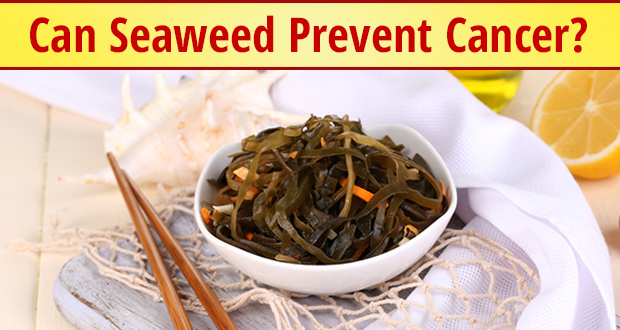With many people now avoiding sugar, natural alternative sweeteners have become important. One popular sweetener is monk fruit extract. It is natural, contains zero calories and is 100–250 times sweeter than sugar. It is also thought to have antioxidant properties.
Monk fruit, also known as “luo han guo” or the “Buddha fruit”,is a small, round fruit grown in Southeast Asia. Monk fruit has been used for centuries in traditional Chinese medicine, but the FDA didn’t approve its use as a sweetener until 2010.
Monk fruit sweetener is created by removing the seeds and skin of the fruit, crushing it and collecting the juice, which is then dried and turned into a concentrated powder.
This is what monk fruit looks like:

Monk fruit extract actually gets its intense sweetness from unique antioxidants called mogrosides. During processing, mogrosides are separated from the fresh-pressed juice of the monk fruit. Therefore, monk fruit sweetener does not contain fructose or glucose.
Depending on the amount of mogrosides present, monk fruit extract can provide a level of sweetness around 100–250 times greater than table sugar. In fact, many manufacturers mix monk fruit sweetener with other natural products such as inulin or erythritol to reduce the intensity of the sweetness.
Monk fruit extract is now used as a stand-alone sweetener, as an ingredient in foods or drinks, as a flavor enhancer or as a component of other sweetener blends.
Monk Fruit Sweetener could aid in Weight Management.
Some studies have shown that the mogrosides have antioxidant and anti-inflammatory properties, which are likely to contribute to other health benefits, including the prevention of cancer and complications in diabetes.
Is Monk Fruit Sweetener Safe?
There aren’t many studies available on monk fruit sweetener in humans. However, it is generally recognized as safe.It has been used as a food for hundreds of years, and there have been no reported negative side effects from consuming monk fruit sweetener.
Take Home Message
Although more research is needed, monk fruit sweetener appears to be a safe and healthy sweetener. It is a natural, calorie-free alternative to sugar and other sweeteners, and may even provide health benefits.
There are always simple, natural ways to avoid sugar and help in the fight against diabetes.


 BPA is an industrial chemical that is added to many products.
BPA is an industrial chemical that is added to many products. Common products that may contain BPA include:
Common products that may contain BPA include:




